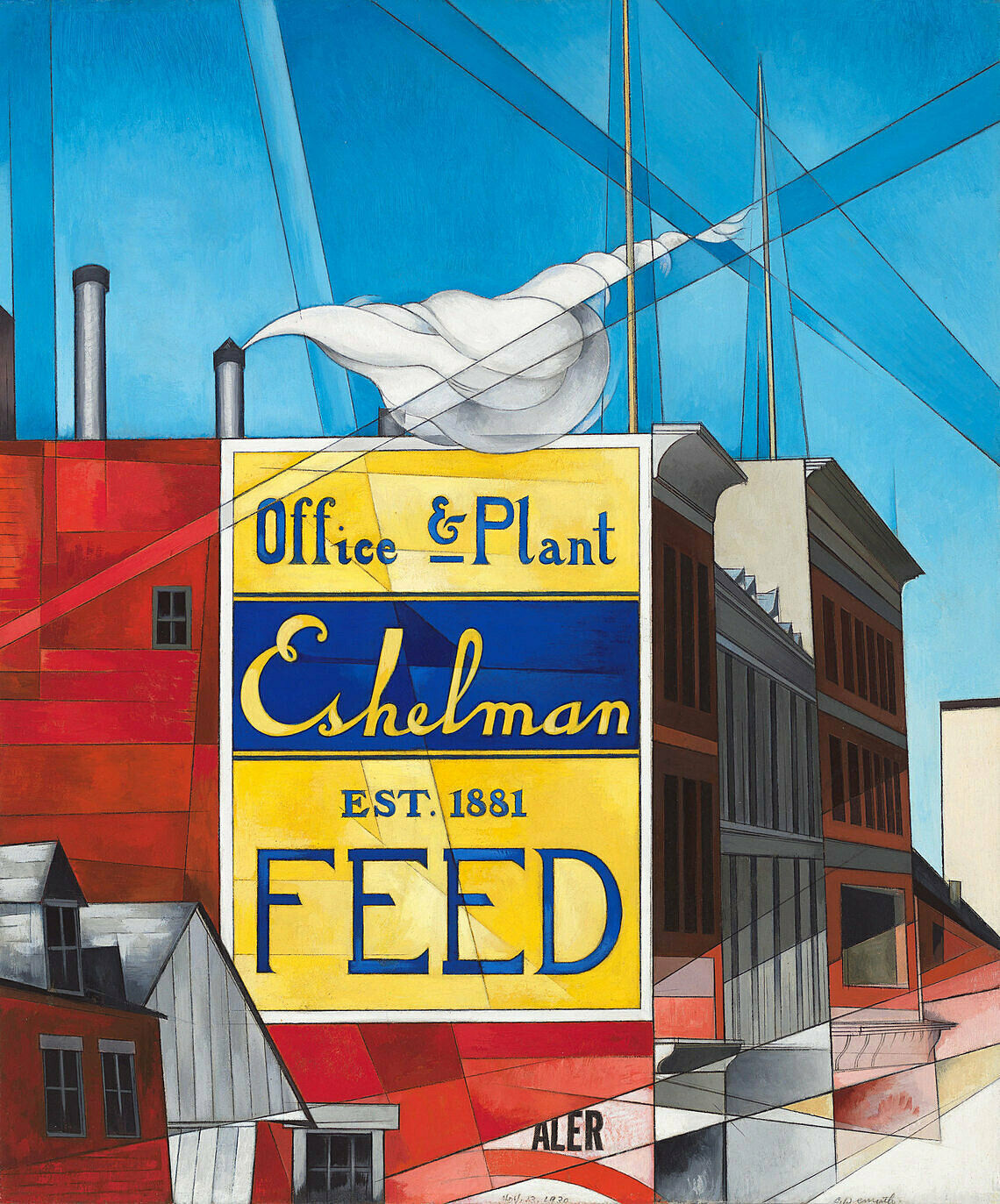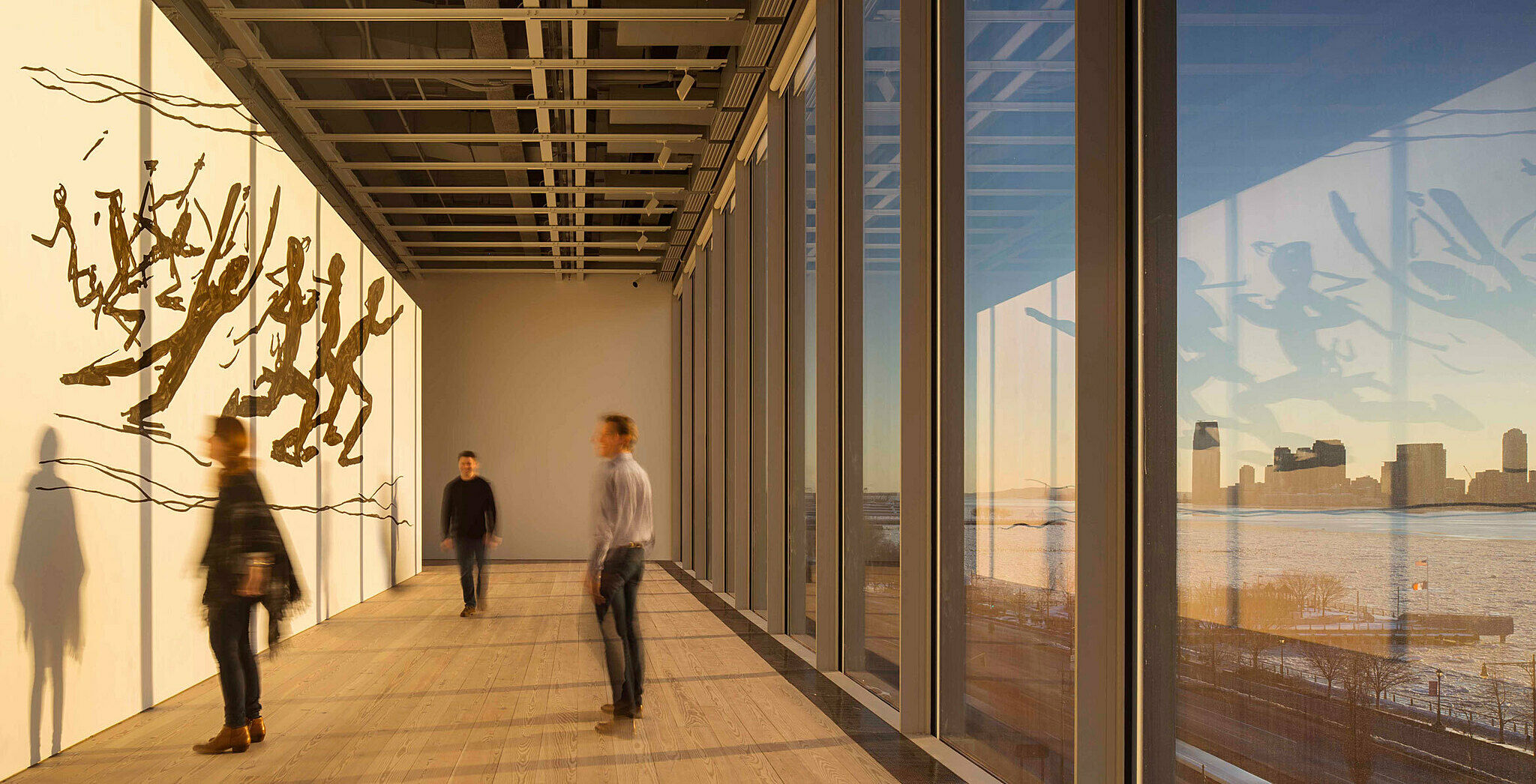James Castle
1899–1977
Introduction
James Castle (September 25, 1899 – October 26, 1977) was an American artist born in Garden Valley, Idaho. Although Castle did not know about the art world outside of his small community, his work ran parallel to the development of 20th-century art history. His works have been collected by major institutions. The Philadelphia Museum of Art organized a retrospective of Castle's work which toured nationally in 2008–09. Castle's work entered the international arena with a substantial exhibition in Madrid, Spain at the Museo Nacional Centro de Arte Reina Sofía in 2011 and was included in the 2013 Venice Biennale exhibition The Encyclopedic Palace. In 2014 The Smithsonian American Art Museum featured their recent acquisition in the exhibition Untitled: The Art of James Castle and the Whitney Museum of American Art included their acquired collection of Castle's work in the 2017 exhibition Where We Are.
Wikidata identifier
Q1680153
Information from Wikipedia, made available under the Creative Commons Attribution-ShareAlike License . Accessed February 16, 2026.
Introduction
Castle was born profoundly deaf, and began drawing from an early age. He was completely self-taught and mostly drew with soot and saliva on salvaged pieces of paper and cardboard. His drawings were his primary form of communication, and depicted elements of his life in rural Idaho. Late in life his work began to be recognized, but after his death his work has become well-known and has been exhibited internationally in the Venice Biennale, and in major exhibitions at the Philadelphia Art Museum, the Smithsonian American Art Museum, and elsewhere.
Country of birth
United States
Roles
Artist, assemblage artist, naive artist, self-taught artist
ULAN identifier
500371797
Names
James Castle, James C. Castle
Information from the Getty Research Institute's Union List of Artist Names ® (ULAN), made available under the ODC Attribution License. Accessed February 16, 2026.


